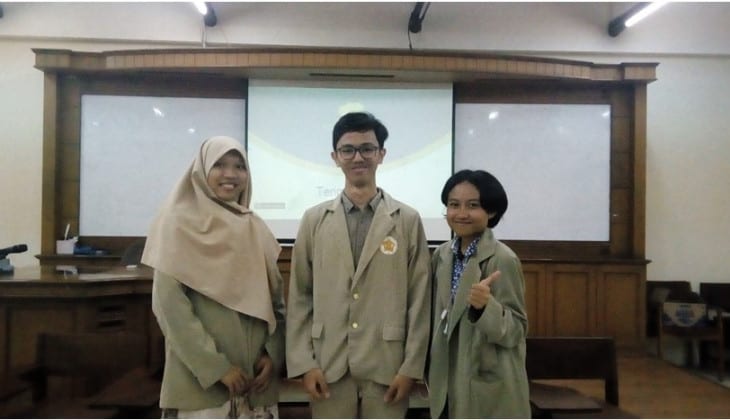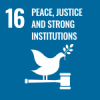
Controversies emerged among society regarding female genital circumcision. One group says it is inhuman, the other says it is cultural and religious. Indonesia is among the countries that came under the spotlight on this matter. Data from the UNICEF in 2013 ranked Gorontalo, Bangka Belitung, and Banten areas in the top list where female circumcision occurs with percentages at 83.7, 83.2 and 79.2 respectively.
“Gorontalo upholds strongly the Islamic teachings which are embodied in customs, such as female circumcision, also called the “Mongubingo” tradition,” said Yulia Rosdiana Putri at UGM on Monday (1/7) explaining her research.
Yulia Rosdiana said this tradition in Gorontalo had caused a problem because the tradition was seen as harassment to women and children.
Together with fellow students Rajwa Naajiyah and Moch. Zihad Islami, she conducted research into the Mongubingo tradition in Gorontalo under the guidance of lecturer Sri Yulita Pramulia Panani, S.Fil., M.Phil,. The project was part of the Student Creativity Program.
“We want to know if this tradition is really dangerous for health,” said Yulia.
Moch. Zihad Islami added that the Mongubingo tradition was interpreted as genital circumcision of female babies aged 1-3 years old. Mongubingo consists of two events, lihu lo limo and mo polihu lo limu.
“Lihu lo limo is the intention for the baby girl to be circumcised, while mo polihu lo limu is bathing her using lemon to purify her,” said Moch Zihad.
The student team did the research in Tapa district, Gorontalo. They carried out interviews with indigenous chief of Limboto, Gorontalo City Health Office, Women and Child Protection agencies, lecturers, as well as local people who had performed the tradition.
“The results showed there were few incidents of severe health risks happening due to the tradition, only on psychological issues and temporary fever,” said Rajwa Naajiyah.
Fona Karlina, parent of a circumcised daughter, said the lemon bath was the parent’s duty as it embraced religious and social values.
Olan, Gorontalo Health Representative, said so far there had been no reports of incidents. The midwives that did the ritual also witnessed that there had been no mutilation being performed on the child.
“The process actually includes removing smegma, or the buildup of oil and dead skin cells from the genitals. So, we think female circumcision in Gorontalo is not FGM (Female Genital Mutilation),” said Olan.
Interesting findings in the research should be disseminated to the wider public so they would not judge this tradition. Other ethical values were also found which are shown when teaching children so they would become civilized human beings in the future. The tools used in the tradition have symbolic meaning, too.
Source: https://www.ugm.ac.id/id/berita/18036-tim-pkm-psh-ugm-teliti-tradisi-mongubingo



